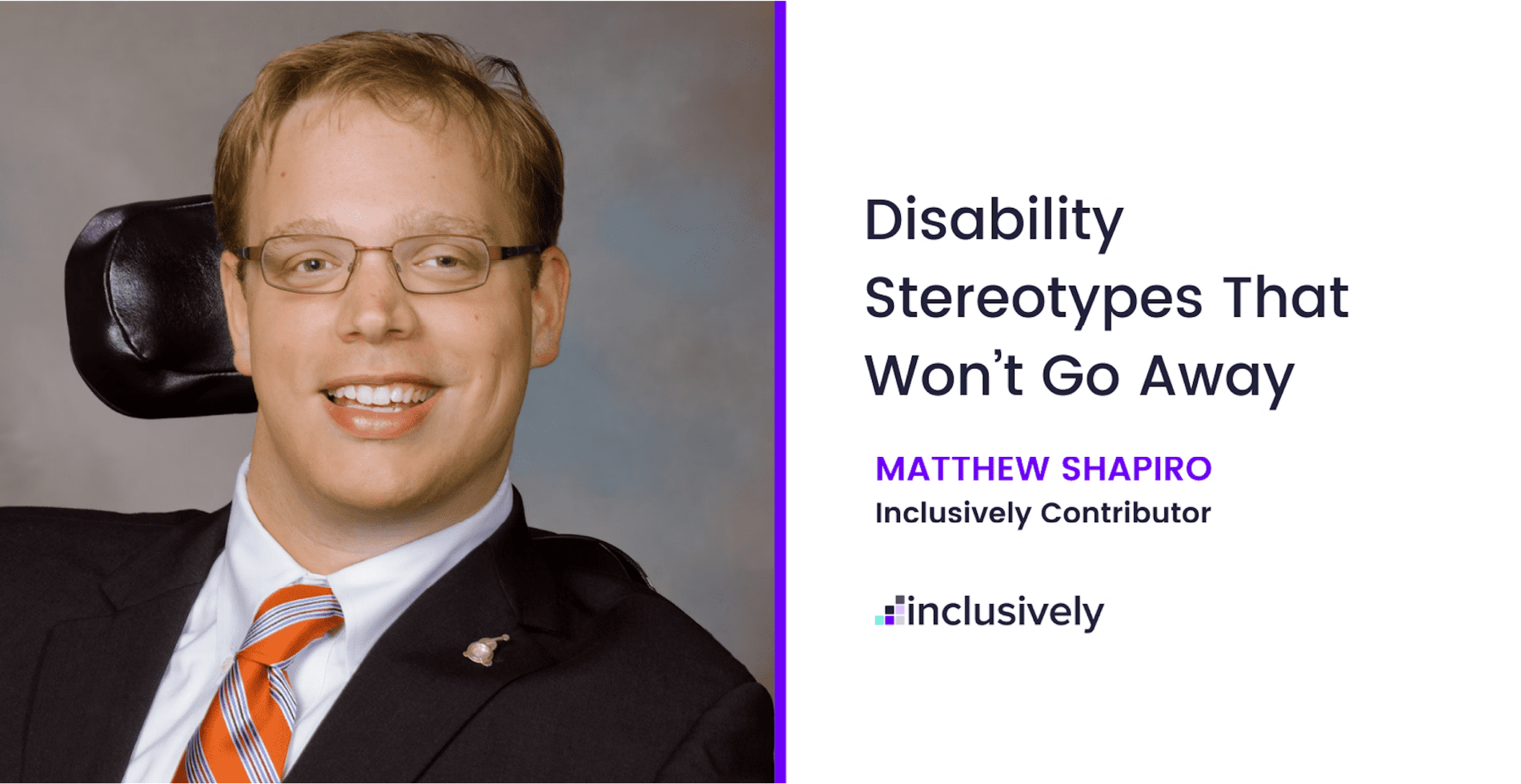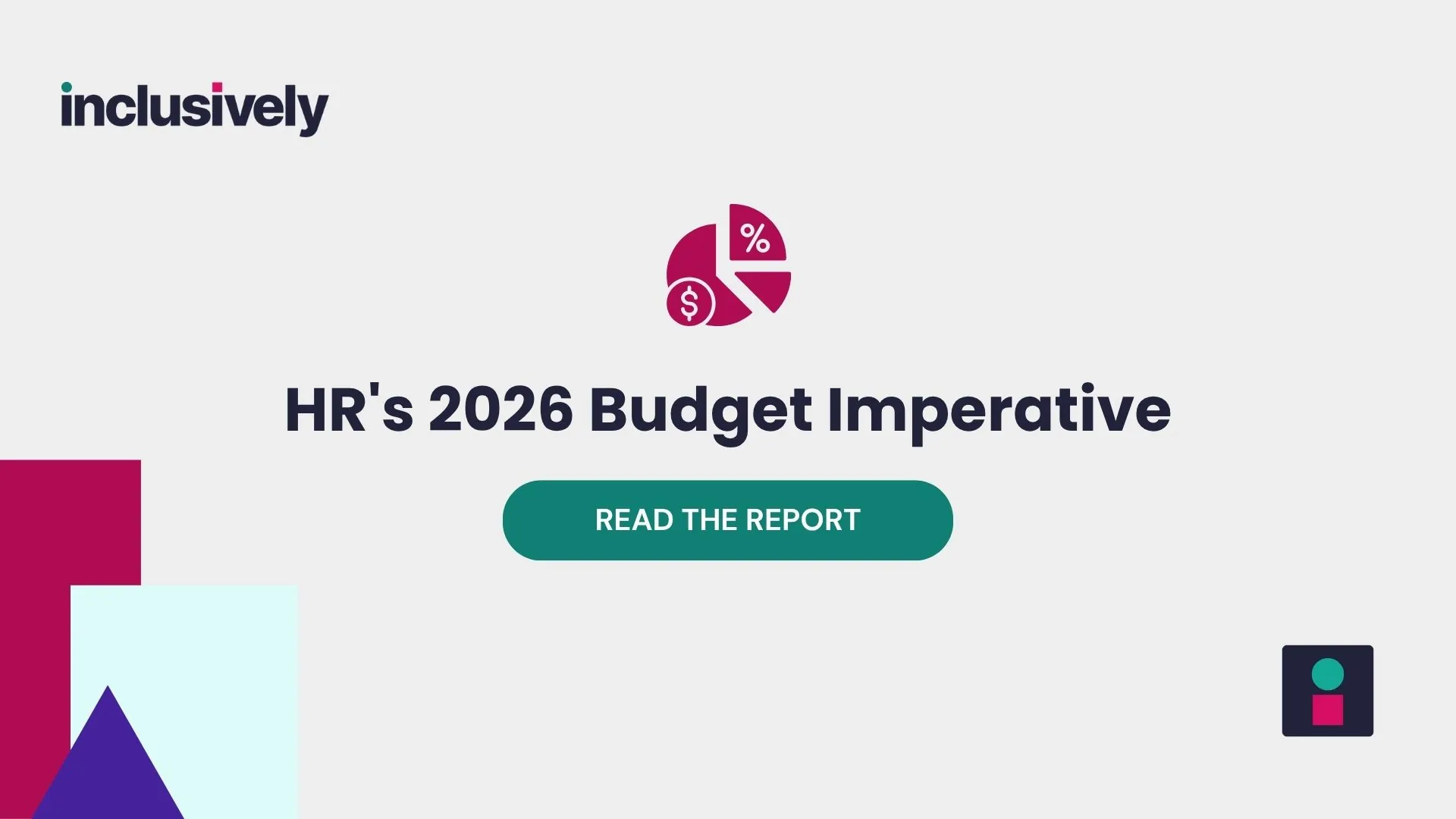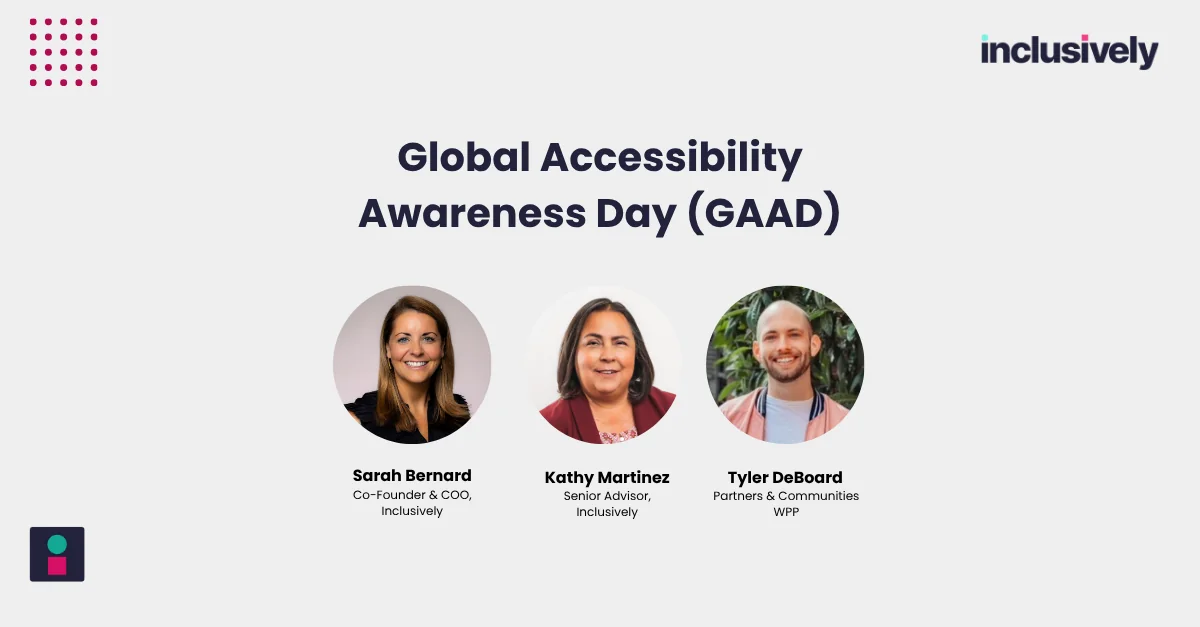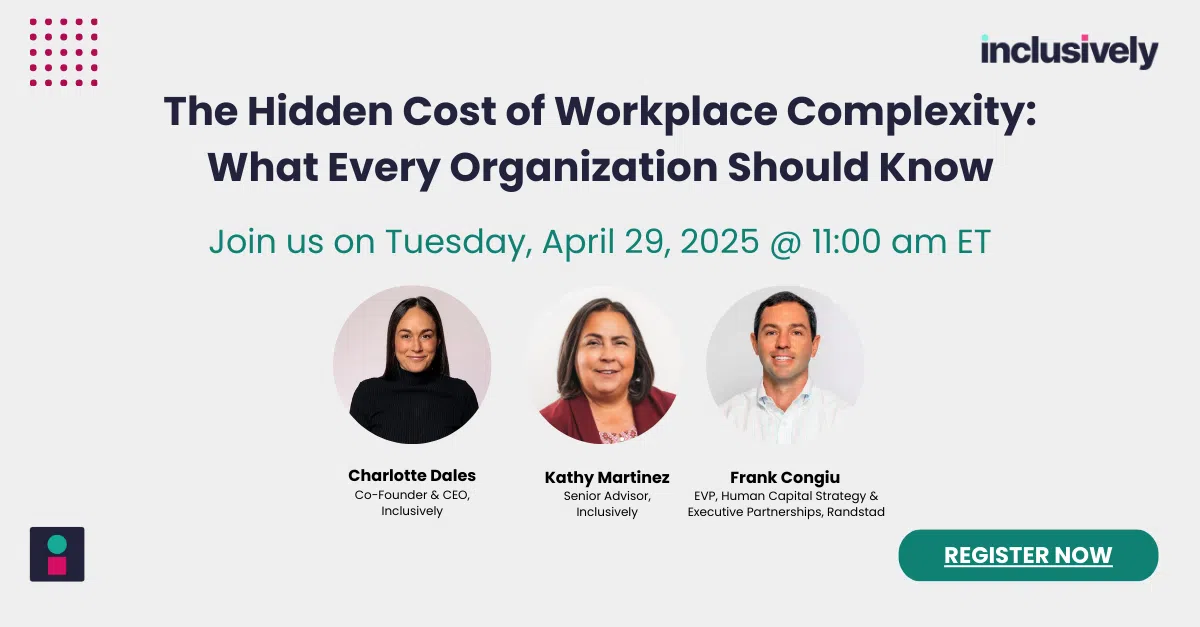In celebration of National Disability Employment Awareness Month, Matthew Shapiro discusses disability stereotypes and the urgent need to dispel common assumptions.
What are some of the most pervasive stereotypes out there?
There are a couple that immediately comes to my mind. The first is the stigma that says that people with disabilities can’t work. 20% of our population is people with disabilities and so there’s a huge pool of people that we’re not tapping into. There’s also this stigma that people with disabilities can only do food, flowers, or be custodians, essentially that they can only do food, flora, and filth, and that’s also not an accurate assessment. Why can’t people work in Fortune 500 companies if given the right accommodations and given the right support? Why can’t people with disabilities eventually, if they’re put on the right track to be successful, be the CEO or CFO of a big business? And why can’t they start their own businesses?
Similarly, we don’t talk about entrepreneurship and self-employment as a path because there are those stigmas of, “Matthew can’t do X, Y, Z,” or “Matthew doesn’t balance his own checkbooks so how is he supposed to balance a business checkbook?” Well, I might not be able to balance a checkbook, but I can hire somebody who can. I can bring people on as part of my team to help make up for any shortcomings so that I can focus on what I’m good at.
People with disabilities can be in any role. If somebody with a disability has the skills and abilities to fulfill job duties that someone is seeking, why can’t they be in those roles? And it’s not that “it’s the right thing to do” to hire people with disabilities. You should do it because they’re the right person for the job. And having a person with a disability in the workplace is often going to permeate through the whole culture of the organization, leading it to become more inclusive and open-minded.
What are some common fears that employers who have never hired someone with a disability might have?
Some of those fears are that they’re going to cost more money than the traditional employee or that they’re going to miss a lot of time. And they might, but, again, that’s where flexible scheduling comes into play. As long as the work gets done, does the work have to get done between the hours of nine to five? If you’re an employer and you have a good person, you don’t want to lose them. Are there ways that you can keep them engaged while they’re struggling with whatever health issues they may have?
Additionally, while there are very expensive accommodations there are also inexpensive accommodations that cost you very minimally that could help somebody be successful in the workplace. And even the expensive accommodations are a one-time expense and will eventually pay for themselves.
It’s also important to mention that you can’t cookie-cutter anything disability-related and say, “I’ve seen one person with CP so I can give the next person with CP the same accommodations.” I am fortunate that my level of CP allows me to have speech. I know people who are ten times smarter than I am who have speech challenges but have been accommodated for in the workplace and are very successful. You have to look at each situation on a case-by-case basis and ask, can this person fulfill the job requirements that are outlined in the job announcement, and are they a good fit for our organization? Can they bring something to our organization that we don’t have? If the answer to all those questions is yes, it shouldn’t matter how “severe” their disability is. That stigma shouldn’t prevent you from hiring somebody if they’re skilled, talented, and good at what they do.
What’s your response to the common myth that people with disabilities have to be protected from failure?
Fragility is also bogus. It’s just not accurate to true, authentic disability life. In terms of failure and not wanting a disabled employee to fail, that is a mindset that everyone—be it in the workplace, in communities, in society—needs to throw out the window. I have learned so much from failing. It sucks to fail, no one likes to fail, but I’ve learned to say, “I failed because this happened or I did it this way and it didn’t work. So what’s another way for me to try and solve the problem?” That’s how we become experts in problem-solving. You need to let someone fail because then they can figure out the right solution and the right solution might actually be a better solution than what they had originally thought.
I can take constructive criticism. I can take getting my butt kicked in the workplace. I need that to grow as a person, to become a better employee, and to learn and grow individually. If we continue to not do any of these things because we’re holding onto stereotypes like “they can’t work” or “they’re fragile” or “they can’t overcome adversity” or “it costs too much” then we’re falling prey to what society believes people with disabilities should be rather than recognizing that they can be tremendous assets, bringing viewpoints and perspectives and mindsets and ways to approach life that no one else can.
This touches upon the idea that stigmas hurt everyone, not just the individuals that it impacts directly but also the companies that they could work for
The companies are missing out on the talent because they’re not willing to look outside of the box. Let’s say we have this web developer role that we need within our organization. Well, I guarantee you that there are great disabled web developers out there that, when they’re making websites, are thinking about 508 compliance, and are thinking about how to make websites accessible. We think differently, but it is rarely seen as an asset.
What are some of your main takeaways regarding how disability stereotypes affect job seekers with disabilities?
- Stigmas are barriers. If people with disabilities are ready, willing, and able to work, they need to be given the chance. All the stereotypes that we touched upon are old-fashioned ways of thinking. The Americans with Disabilities Act has been around for 31 years and it’s discouraging that we’re still having this conversation. We shouldn’t even have to write this article and the fact that we do—in 2021—is frankly a problem.
- Everyone can have their own unique career path. It doesn’t have to be a nine to five. You can do that if you want to do that, or you can start your own business, or you can work for someone else, or you can be a social media influencer, who knows? Everyone has their own way of making an impact in the world.
- Everyone’s journey is going to be different. How many times did we all change our major? How many times did we change career paths? Society thinks that because we’re people with disabilities, we have to be rigid in how we go about things but we can do the same things anyone else does and that might include changing career paths.
- Let’s create new, positive expectations that actually do good and don’t put us down. I can achieve a lot if you give me the right tools, support me, and allow me to figure out the best way to do things.
We need to shed light on the fact that people with disabilities can be successful in all kinds of roles. Life is so much better when people in society think outside of the box as it relates to people with disabilities. You get rich, amazing, and wonderful outcomes when you do that, yet nine times out of ten people only see within the box. I think Inclusively can definitely help play a role in bringing about a necessary mindset shift.
To connect and continue this conversation, join me on Inclusively’s Community Portal, created for their network of job seekers, employers, and partners to discuss disability employment topics, share ideas, and engage: https://community.inclusively.com/
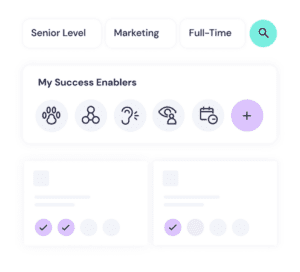
Overview of a candidate’s job search indicators, including Senior Level, Marketing, Full-Time, My Success Enablers with a row of icons.
How Inclusively Works
Inclusively’s accessible employment platform and job matching technology goes beyond traditional search criteria and allows candidates to connect with opportunities that match their experience, skills, and workplace accommodations – called Success Enablers. Examples include screen readers, noise-canceling headphones, an emotional support animal, accessible parking and entrances, braille signage, and dozens more.
